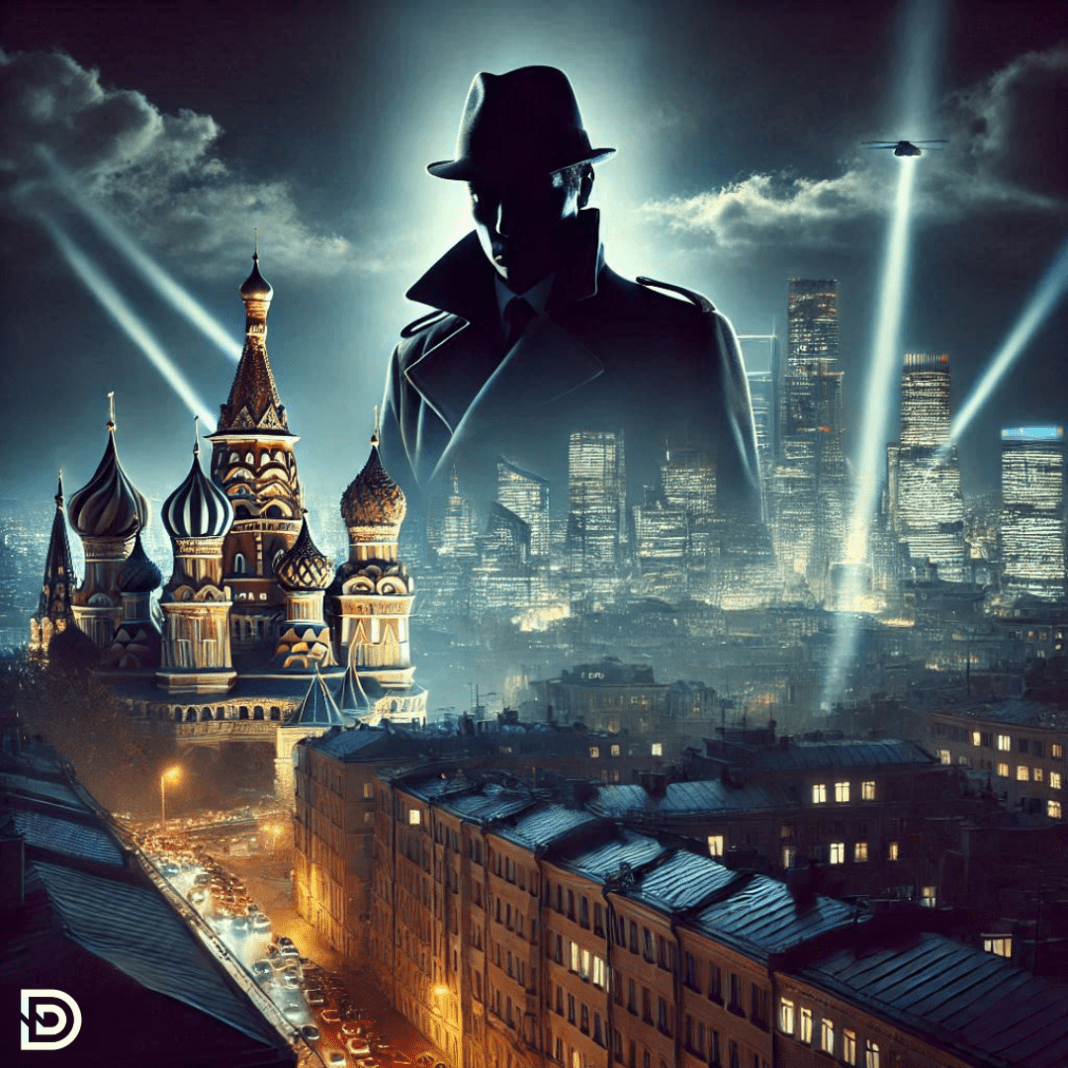Aboard a Russian presidential jet, a silent yet significant figure played a pivotal role in a historic prisoner exchange. This was the largest swap between East and West since the Cold War. Behind a drawn curtain, Lt. Gen. Dmitry Minaev presided over the operation. He is the head of Russia’s Department for Counterintelligence Operations (DKRO). Minaev orchestrated the release of 16 prisoners during the exchange. The operation showcased the growing influence of DKRO within Putin’s security apparatus. This agency remains largely unknown outside intelligence circles. Its mysterious role continues to shape high-stakes geopolitical events.
Emergence of DKRO in Russia’s Security Landscape
The DKRO, a branch of Russia’s Federal Security Service (FSB), operates as the regime’s most elite counterintelligence unit. Comprised of approximately 2,000 officers, it plays a pivotal role in surveilling, arresting, and intimidating those suspected of espionage or dissent. From targeting foreign diplomats to detaining American citizens like journalist Evan Gershkovich, DKRO’s actions have cemented its position at the core of Putin’s autocratic regime.
Rooted in the Soviet-era SMERSH (“Death to Spies”) organization, DKRO evolved from wartime counterintelligence units designed to eliminate Nazi infiltrators. Post-war, SMERSH was absorbed into the KGB, which later fragmented after the Soviet Union’s collapse. Under Putin, the FSB regained dominance, and DKRO rose to prominence as an indispensable tool for domestic and international counterespionage.
The Role in Repression and Surveillance
DKRO’s influence extends across Russia’s 11 time zones, executing operations that have facilitated the country’s most significant wave of political repression since Stalin. Following Russia’s faltering invasion of Ukraine, DKRO spearheaded a purge of the Defense Ministry, targeting officials accused of corruption or treason. Many of these individuals were sent to Moscow’s Lefortovo prison, infamous for housing Stalin-era detainees.
The agency’s mission also includes harassing Western diplomats and even coercing children in the U.S. Embassy school to spy on classmates. Domestically, DKRO has overseen a sharp increase in treason and espionage cases, with at least 53 convictions reported in the first eight months of 2024 alone. Targets range from high-ranking officials to ordinary citizens accused of trivial offenses, such as donating to Ukrainian charities.
Espionage as a Political Tool
Putin has transformed espionage into a political currency, prioritizing arrests over economic crimes that once dominated the FSB’s agenda. Espionage cases now drive the careers of FSB officers, who enjoy lucrative rewards and privileges, including access to exclusive resorts and affordable mortgages. This institutional focus ensures a steady stream of suspects, real or fabricated, to sustain Putin’s narrative of a besieged Russia.
DKRO’s operations are meticulously planned, borrowing top officers from other FSB departments and granting them “carte blanche” for specific missions. The unit operates under a veil of secrecy, rarely appearing in public or online records. Despite its covert nature, DKRO enjoys direct access to Putin, reflecting its strategic importance.
DKRO: A Shadowy Influence
The impact of DKRO’s activities is far-reaching. In its pursuit of real and perceived enemies, the agency has helped transform Russia into a tightly controlled police state. Lefortovo prison, where many of DKRO’s detainees are held, symbolizes this oppressive climate. The facility has seen an influx of prisoners accused of spying or collaborating with the West, necessitating the expansion of investigative teams.
Internationally, DKRO has played a key role in orchestrating prisoner swaps, leveraging detained foreigners like Gershkovich and basketball player Brittney Griner as bargaining chips. One of its highest-profile objectives was securing the release of Vadim Krasikov, a convicted assassin, from Germany.
DKRO’s growing prominence reveals much about the machinery underpinning Putin’s regime. As it tightens its grip on domestic dissent and escalates its confrontation with Western intelligence, DKRO exemplifies the Kremlin’s reliance on fear, surveillance, and control to maintain power. In this new era of East-West tensions, the shadowy agency stands at the heart of Russia’s strategy to assert its influence and suppress opposition.

